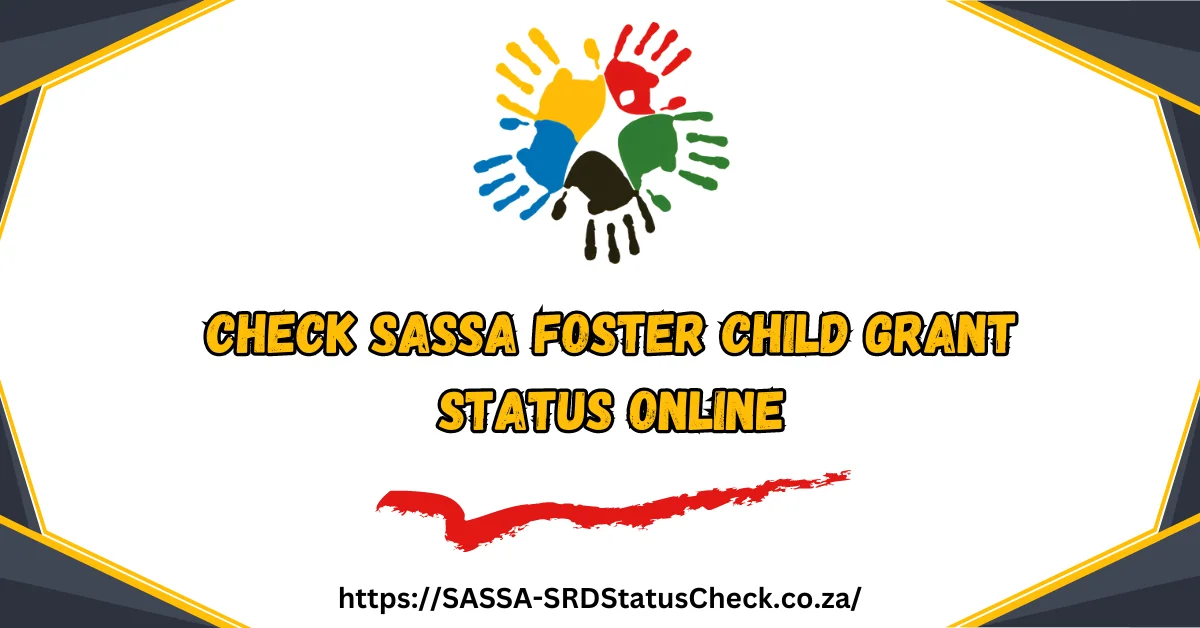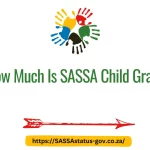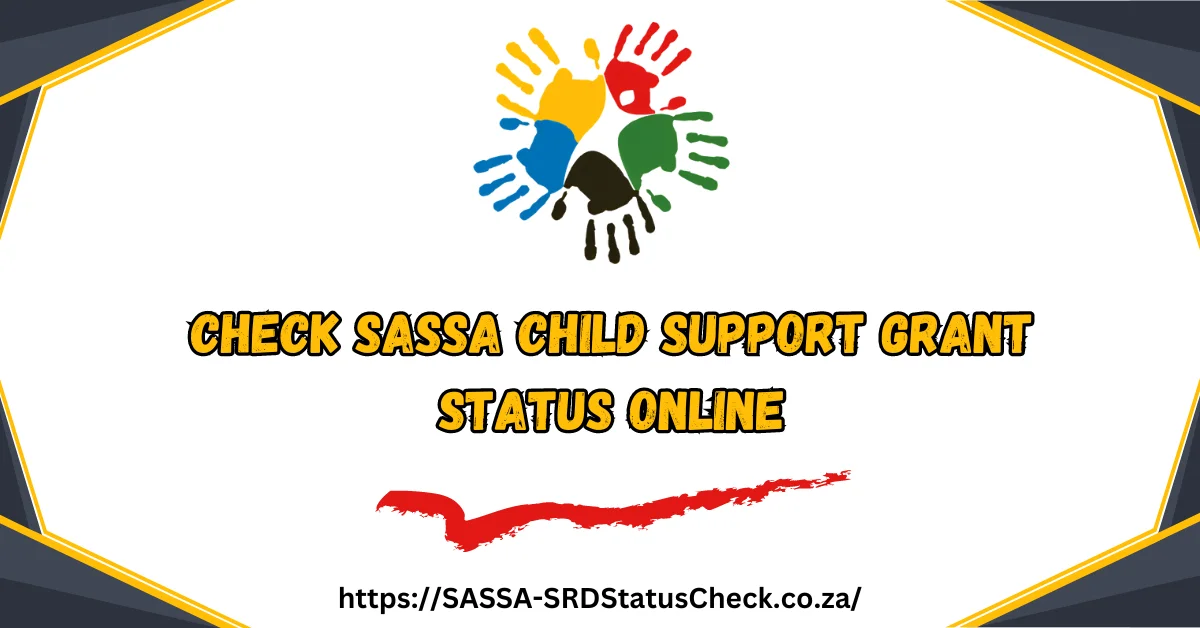Are you a caregiver seeking financial assistance from the South African Social Security Agency (SASSA) to support a child in your care? If so, you’ll need to complete an affidavit as part of the application process for the SASSA Child Support Grant. This legally binding document confirms your identity, relationship to the child, and other crucial details.
In this comprehensive guide, we’ll walk you through the essential steps to accurately complete an affidavit for the SASSA Child Support Grant. Follow along closely, and you’ll increase your chances of a successful application.
Contents
- 1 Download SASSA Child Support Grant Affidavit [2024]
- 2 What is an Affidavit?
- 3 Why is an Affidavit Required for the Child Support Grant?
- 4 How to Write an Affidavit for the SASSA Child Support Grant in 2024? Step by Step
- 5 Tips for a Successful Affidavit
- 6 Get Assistance If Needed
Download SASSA Child Support Grant Affidavit [2024]
How to Write an Affidavit for the SASSA Child Support Grant in 2024? (Quick Answer)
To write an affidavit for the SASSA Child Support Grant:
- Gather required info: your details, child’s info, relationship, marital status, income sources.
- Obtain affidavit form from SASSA office, website or hotline.
- Complete sections truthfully: • Personal and child’s details • State you’re primary caregiver • Declare child lives with you • Note marital status and income
- Review affidavit carefully for accuracy.
- Sign affidavit before Commissioner of Oaths.
- Submit completed, signed affidavit to SASSA with grant application.
- Make copies for your records.
- Seek assistance from SASSA or community organizations if needed.
Following these steps ensures a compliant, truthful SASSA Child Support Grant affidavit.
What is an Affidavit?
An affidavit is a written statement declaring that specific information is true. It’s signed by the person making the statement (the deponent) and sworn or affirmed before an authorized official, like a Commissioner of Oaths.
Providing false information on an affidavit is considered perjury, which is a criminal offense. This is why it’s crucial to be honest and accurate when completing your SASSA Child Support Grant affidavit.
Why is an Affidavit Required for the Child Support Grant?
The main reasons an affidavit is necessary are:
- To Confirm Your Identity: SASSA needs to verify who you are and ensure the grant is going to the correct person.
- To Establish Your Relationship to the Child: The affidavit helps prove you are the primary caregiver responsible for the child’s well-being.
- To Provide Truthful Information: By signing the affidavit, you legally attest that all the details provided are accurate and honest.
Since children cannot apply for grants themselves, SASSA relies on affidavits from their caregivers to confirm eligibility for the Child Support Grant.
How to Write an Affidavit for the SASSA Child Support Grant in 2024? Step by Step
Follow the below steps to learn how to write an Affidavit for the SASSA Child Support Grant in 2024.
Step 1: Gather the Required Information
Before starting your affidavit, ensure you have all the necessary information on hand. This includes:
- Your full name, age, and residential address with postal code
- The full name(s) and date(s) of birth of the child(ren) you’re applying for
- The name of the clinic or hospital where the child(ren) was born
- The child(ren)’s ID number(s), if available
- Details about your marital status and income sources
- Information about your relationship to and living situation with the child(ren)
Having this information ready will make completing the affidavit easier and more efficient.
Step 2: Complete the Affidavit Form
SASSA provides a standard affidavit form that must be used when applying for the Child Support Grant. You can obtain this form by:
- Visiting your nearest SASSA office
- Downloading it from the SASSA website
- Calling the SASSA toll-free hotline at 0800 60 10 11 to request a copy
- You can Download the form from our website at SASSA eforms page.
The affidavit form will ask for specific details, which you’ll need to provide accurately and truthfully. Here’s a breakdown of the sections you’ll need to complete:
Section 1: Personal Information
- Fill in your full name, age, and residential address with postal code.
Section 2: Child(ren)’s Information
- List the full name(s) and date(s) of birth of the child(ren) you’re applying for.
- Provide the name of the clinic or hospital where each child was born.
- Include the child(ren)’s ID number(s), if available.
Section 3: Relationship to Child(ren)
- State that you are the primary caregiver or biological parent of the child(ren).
- Confirm that the child(ren) resides with you.
- Declare that you are not being paid to care for the child(ren).
- Affirm that the child(ren) does not reside in a state-funded institution.
Section 4: Marital Status
- Mark your current marital status (married, unmarried, divorced, widowed, etc.).
- If applicable, provide reasons for not having documents like an ID, divorce decree, or death certificate for your spouse or partner.
Section 5: Income Sources
- Indicate all sources of income for yourself, your spouse or partner, and any dependents by checking the appropriate boxes.
- If you have no income, explain how you are currently surviving financially.
Step 3: Review and Sign the Affidavit
Once you’ve completed all the required sections, carefully review the entire affidavit to ensure the information is accurate and truthful. Remember, providing false details is a criminal offense.
After reviewing the affidavit, you’ll need to sign and date it in front of a Commissioner of Oaths. This official will then certify that you acknowledged understanding the contents and signed the document in their presence.
Common Commissioners of Oaths include police officers, attorneys, religious leaders, and other authorized individuals. The Commissioner of Oaths will also provide their signature, rank or force number, and an official stamp on the affidavit.
Step 4: Submit the Completed Affidavit
With your signed and certified affidavit in hand, you’re now ready to submit it along with the other required documents for your SASSA Child Support Grant application. You can do this by visiting your nearest SASSA office or mailing the documents to the appropriate SASSA processing center.
Be sure to make copies of all the documents you’re submitting for your records.
Tips for a Successful Affidavit
To increase your chances of a smooth and successful SASSA Child Support Grant application process, keep these tips in mind when completing your affidavit:
- Use clear, concise language that’s easy to understand.
- Write in full, grammatically correct sentences.
- Double-check all names, dates, and other details for accuracy.
- Do not leave any sections blank – write “N/A” if a section doesn’t apply to you.
- Ask someone to proofread your affidavit before signing it.
- Make copies of the signed affidavit for your records.
- If you’re unsure about any part of the affidavit, don’t hesitate to seek assistance from SASSA or a local community organization.
By following these steps and tips, you’ll be well on your way to submitting a truthful and compliant affidavit for your SASSA Child Support Grant application.
Get Assistance If Needed
Completing an affidavit can be a daunting task, especially if you’re unfamiliar with legal documents. Fortunately, SASSA and other organizations offer resources to help you through the process:
- Visit your nearest SASSA office for in-person guidance and assistance.
- Call the SASSA toll-free hotline at 0800 60 10 11 for inquiries and support.
- Check the SASSA website for guidelines, sample forms, and FAQs.
- Reach out to community workers or local NGOs in your area for assistance with the application process.
Remember, providing accurate and truthful information on your affidavit is crucial for obtaining the SASSA Child Support Grant. By following the steps outlined in this guide and seeking help when needed, you’ll increase your chances of a successful application and receive the financial assistance you need to care for the child(ren) in your care.

I’m Anele Zulu, a South African social worker dedicated to serving my country’s most vulnerable. With my degree and field expertise, I empower underprivileged communities through compassionate support and tireless advocacy on this website. My goal is simplifying access to services so families can uplift themselves

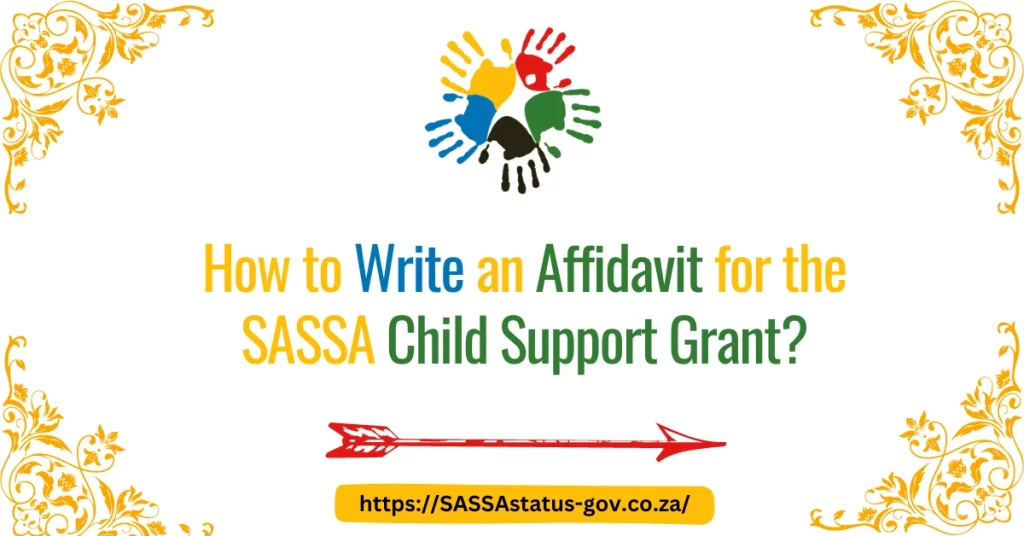
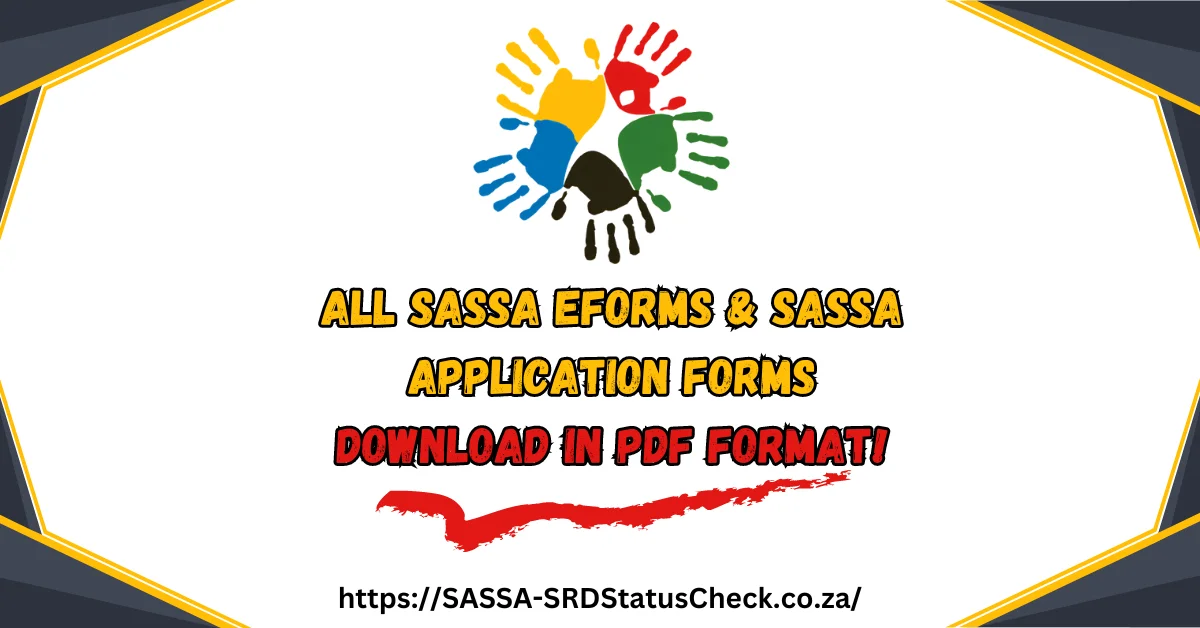

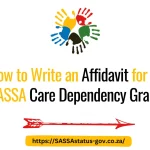
![SASSA Grants Types in South Africa [2024] - [Ultimate Guide] The Complete Guide to SASSA Grants Types in South Africa](https://sassastatus-gov.co.za/wp-content/uploads/2024/02/The-Complete-Guide-to-SASSA-Grants-Types-in-South-Africa.webp)
